Research and resources on social cohesion theory and best practice.
The Belong Network Library
Research and resources on social cohesion theory and best practice.
Research and resources on social cohesion theory and best practice.
Research and resources on social cohesion theory and best practice.
The Belong Library is free to access and brings together a wide range of online resources produced by the public, private and civil society sectors to build the evidence base around social cohesion.
It is regularly updated and includes:
Please contact us if you are unable to find what you need – we’d be delighted to help.

Through this project, refugee women are trained to become artisan bakers. The project is a collaboration between a commercial bakery and coffee shop in East London and the Refugee Council – demonstrating how the private and third sectors can work together to support integration.
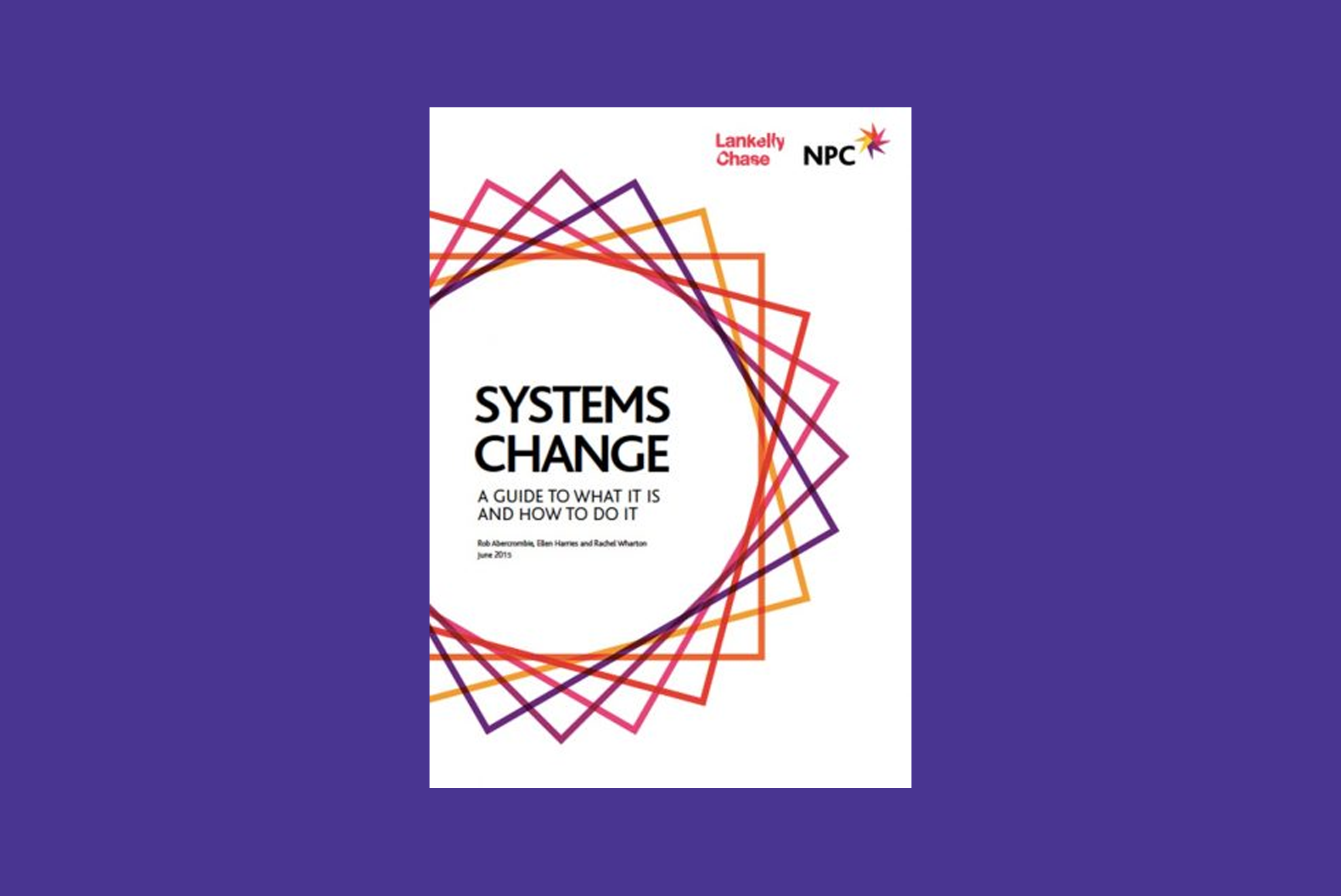
This guide provides clarification about what systems change is and offers guidance for charities, funders and the public sector about how to act systemically. It includes insights into good practice for systems change.
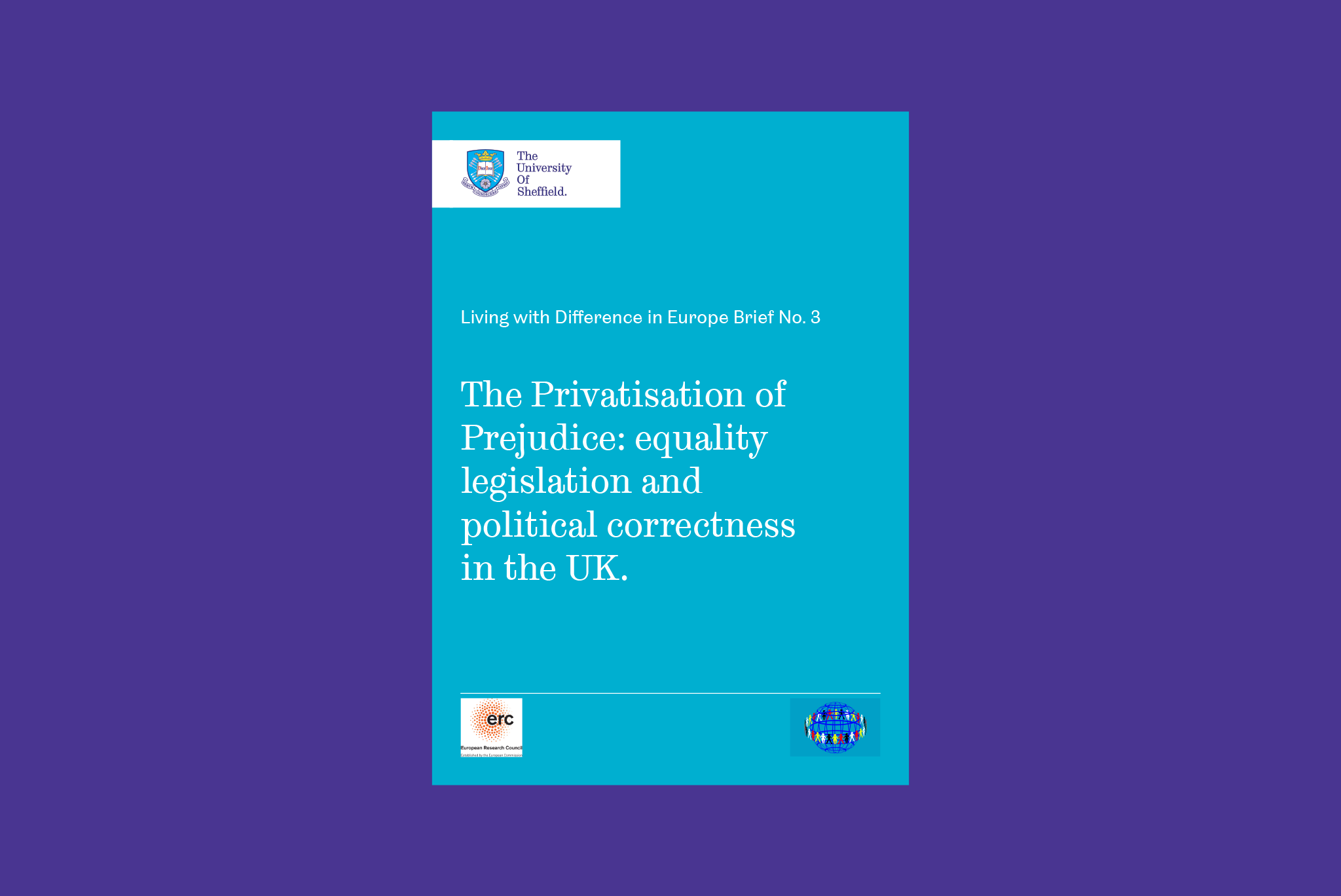
This short briefing provides a window into attitude towards equalities legislation and political correctness. Based on evidence collected from 30 case studies, the study finds that legislation has repressed rather than reduced prejudice,. The right to ‘say what you think’ has become a central part of populist counter-cohesion narratives. The research provides a useful background to the hostile narratives that undermine community cohesion
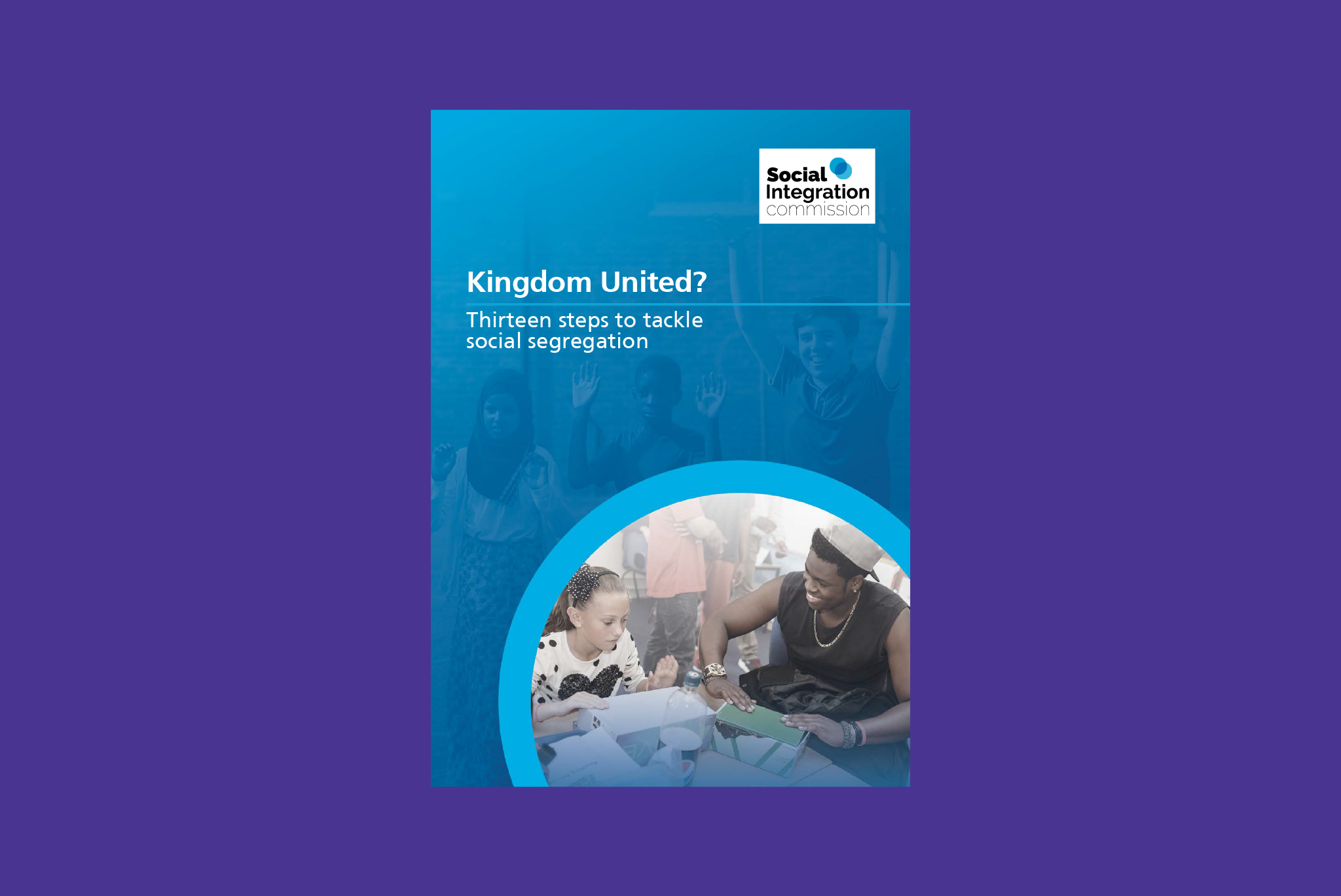
In this report, the Social Integration Commission sets out thirteen principles that it believes should underpin a healthy and well-integrated society. Among them are that: every school should provide opportunities for their pupils to interact with children belonging to different ethnic groups and income backgrounds; businesses and public sector agencies employing recent migrants should take active steps to enable these workers to meet and mix with different groups of people; people living in diverse areas should be encouraged to get to know their neighbours.
This consultation paper was published by the ONS (Office for National Statistics) as part of their work to try and draw up indicators of social capital which might have an impact on community resilience. It includes some ideas about how data relevant to social capital could be used to build community cohesion initiatives.

Dr Leslie Kaplin from the University of North Florida describes how a programme that places university students in local agencies to support refugees is transforming perspectives and supporting social integration. An example of an effective partnership between a university and the third sector.

This report is the result of extensive consultation undertaken with organisations engaged in activities to promote good relations around the UK. The report highlights the need for an alliance that can amplify the voices of organisations and practitioners, provide support and influence government policy.
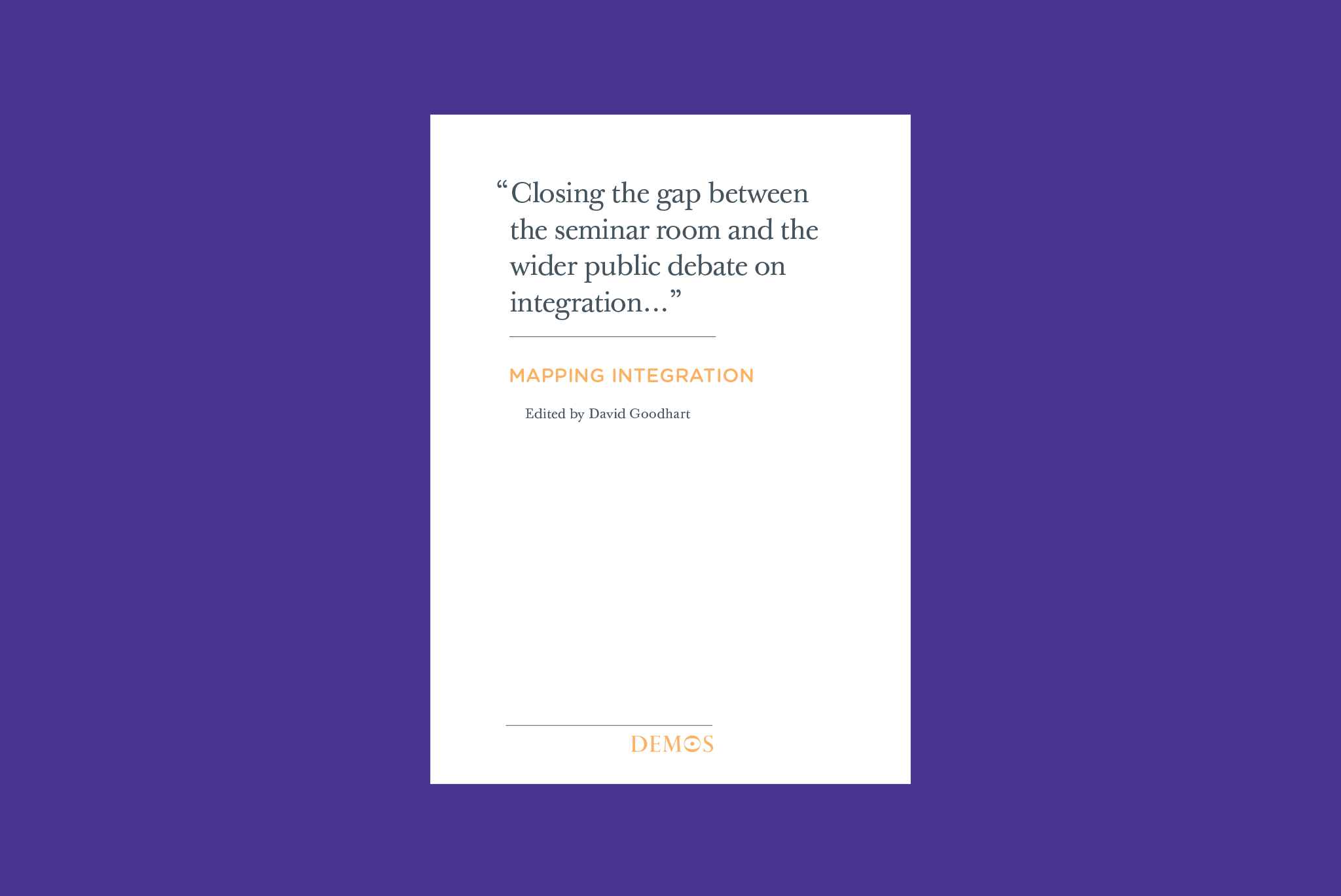
This report brings together a collection of essays on integration in the UK. Among the themes explored are: residential segregation; approaches to measuring social integration; the importance of promoting inter-group contact; the role of institutions; social mixing in schools; social mobility; and the integration of people from Polish backgrounds. It includes 'on the ground' studies of integration in local areas (Keighley, Tower Hamlets and Newham) . This report takes in a wide variety of themes and provides insight into a number of issues faced in the field of integration.
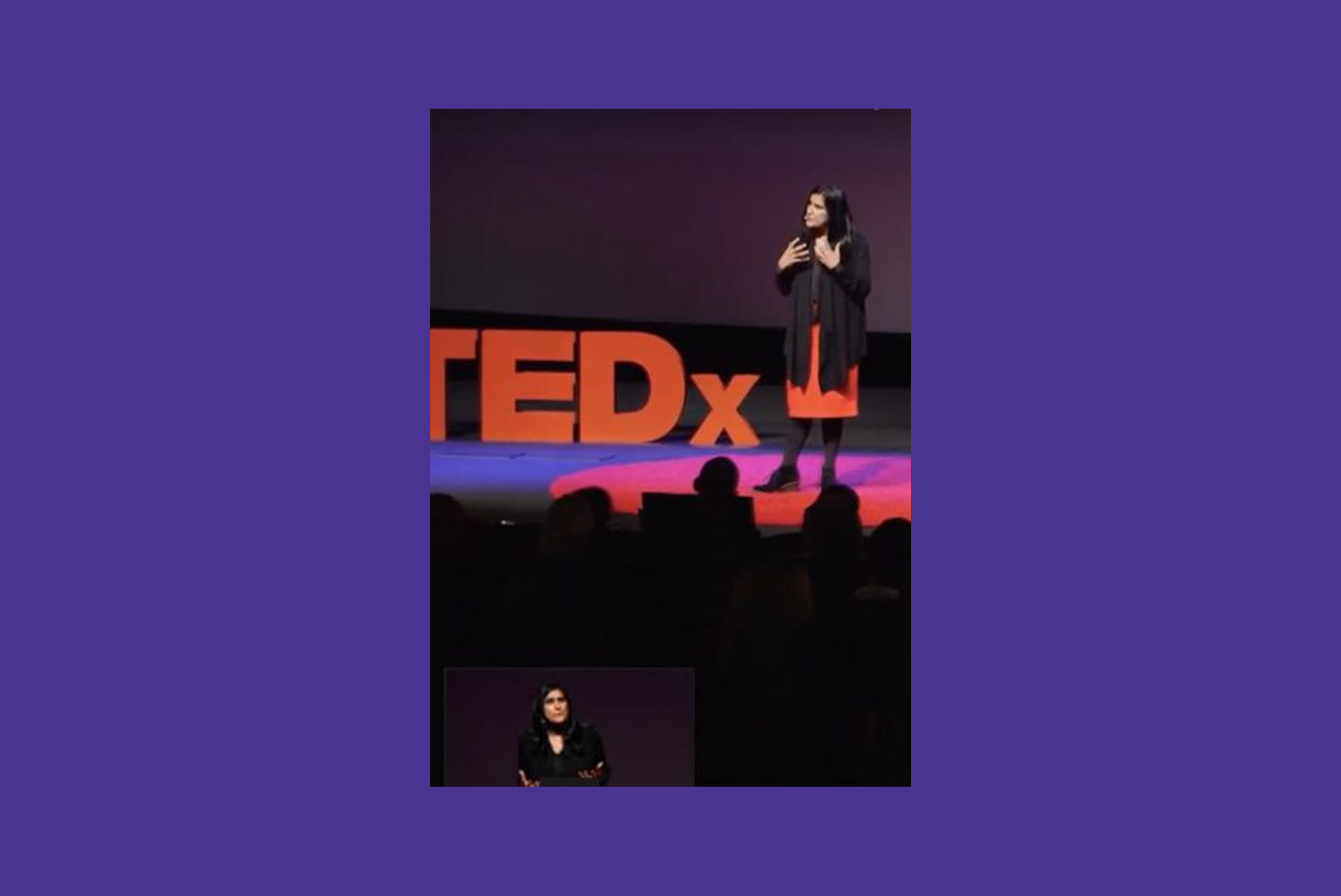
In this video, Jasvinder Sanghera shares her personal experience of running away from home at the age of fourteen to avoid a forced marriage. Jasvinder founded the charity 'Karma Nirvana' in 1993, helping to establish refuge centres for those fleeing forced marriages. The video provides a unique insight into the impact of forced marriage on individuals and the challenges faced when seeking to address this problem in communities.
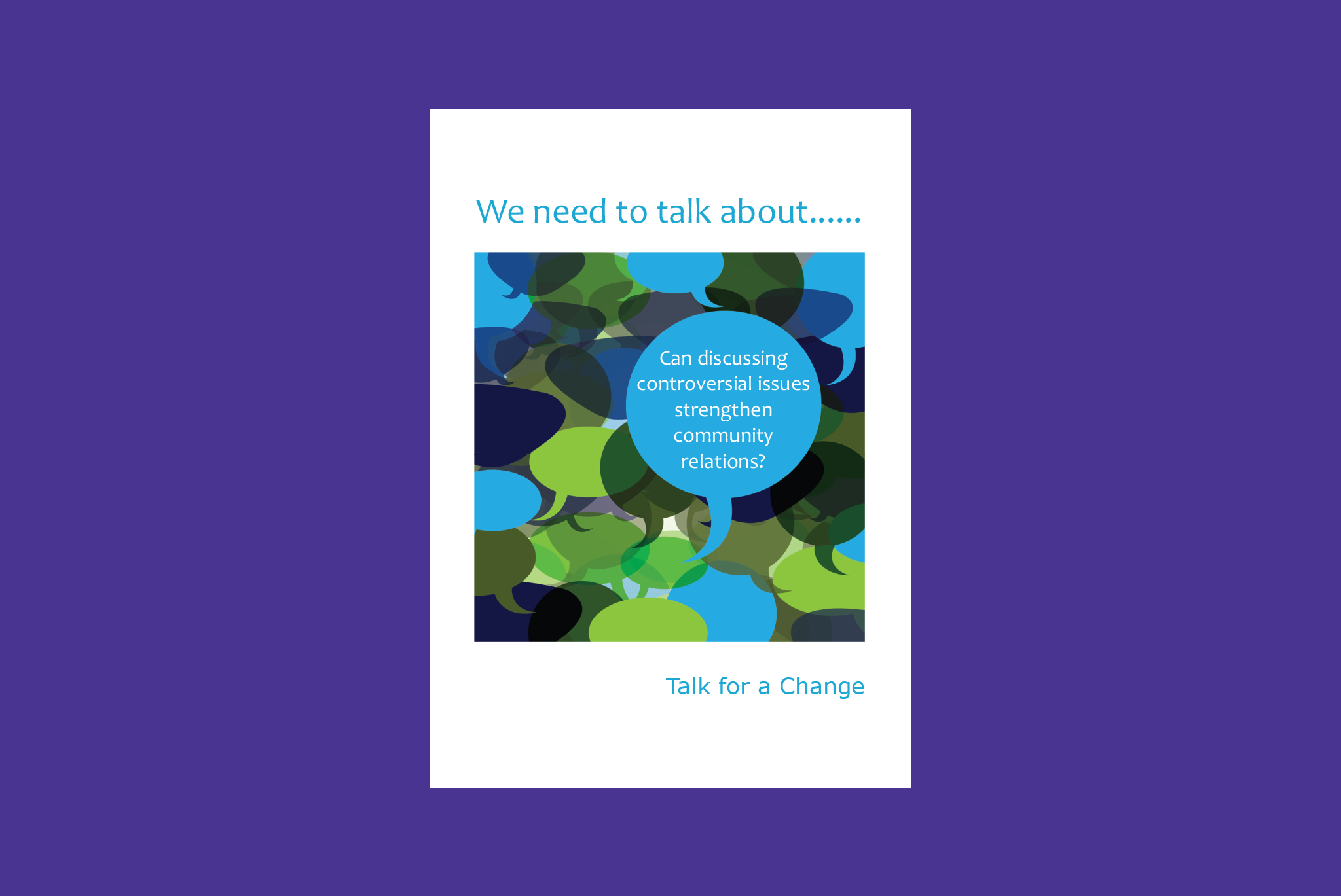
This report examines the need to have ‘difficult conversations’ in communities in order to address issues that are creating concerns or tensions. The report examines who is having these conversations, the impact and the skills needed to make them effective.